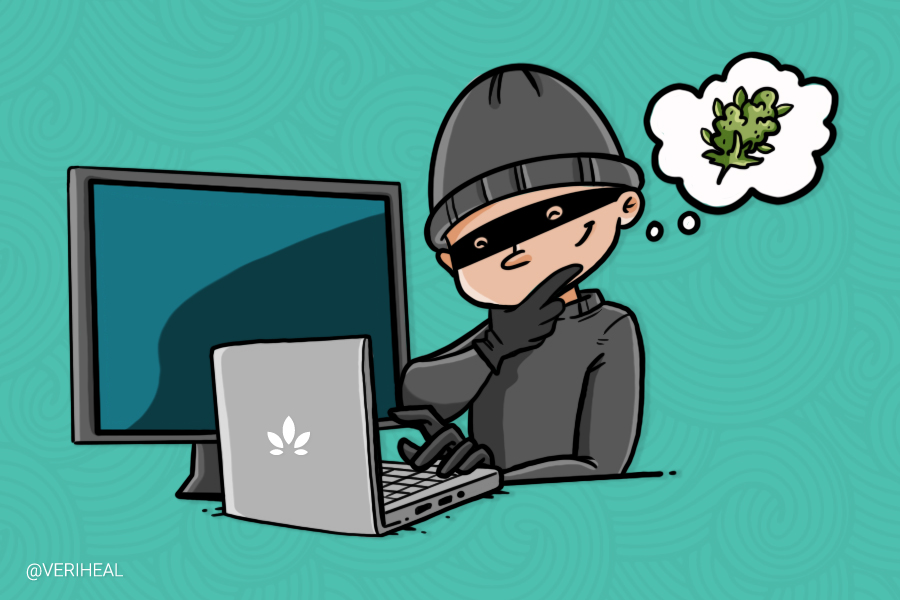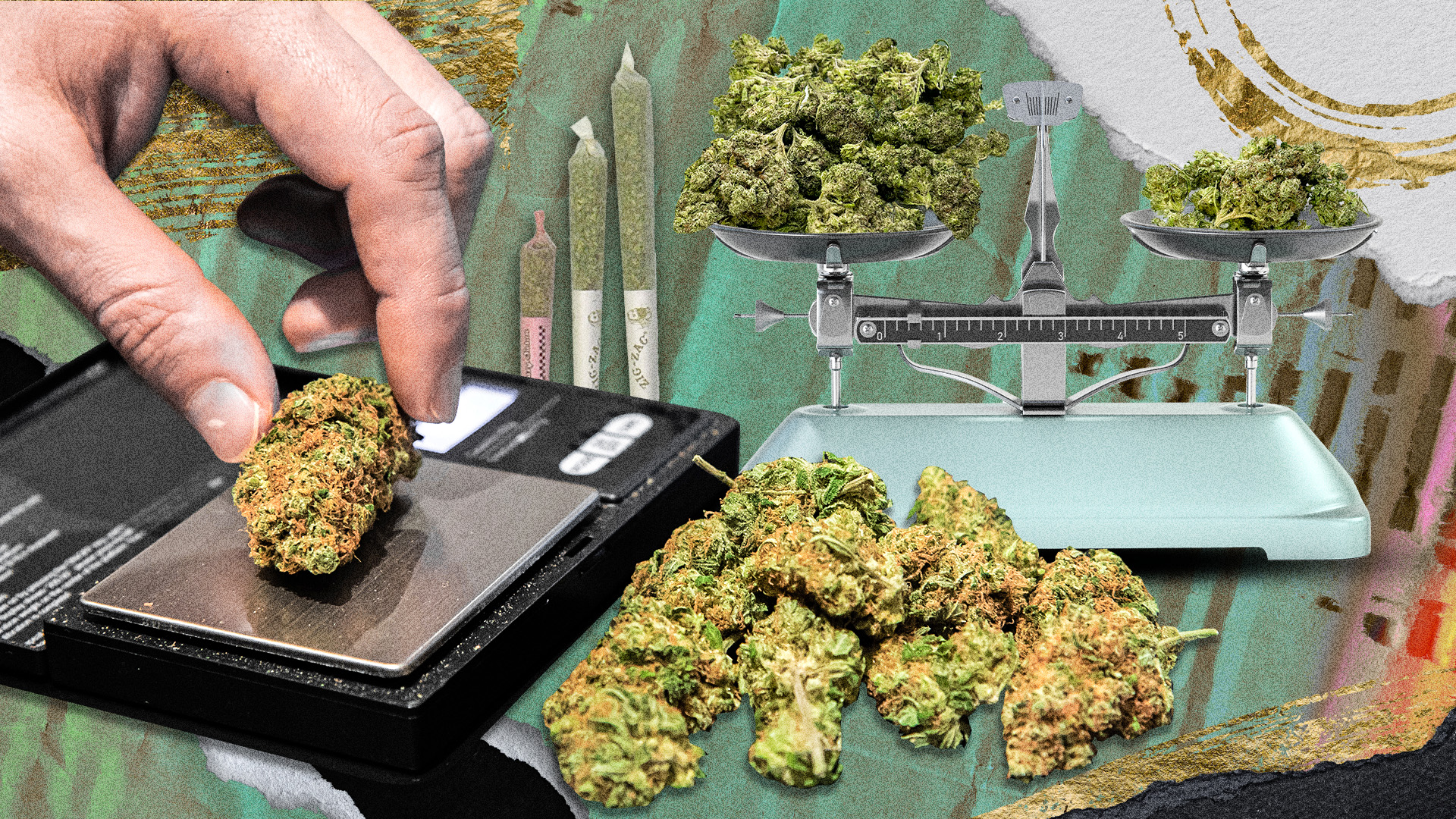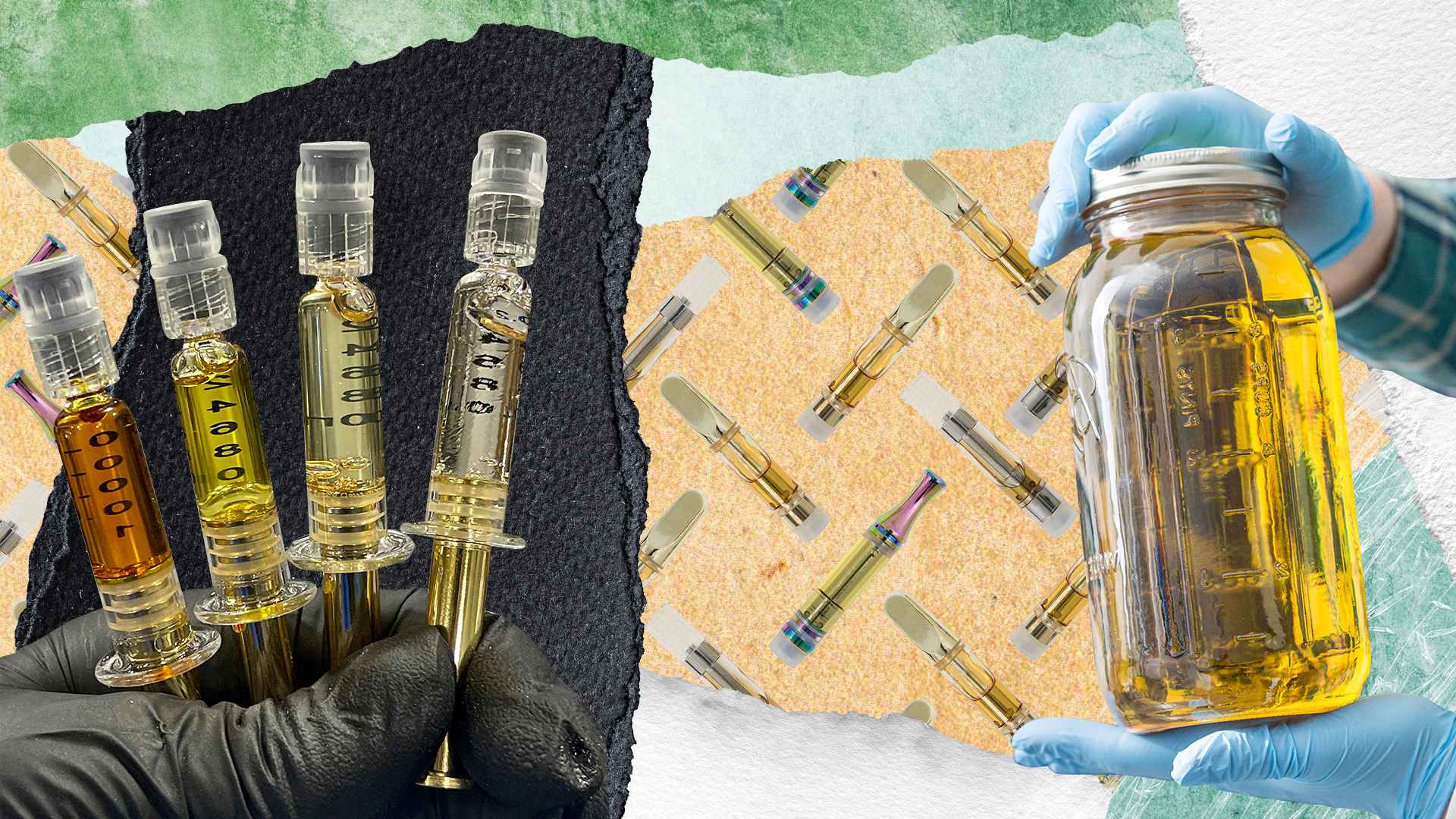Any time a new industry emerges, it has to find its footing in the world. That means sorting out how it fits into the economic landscape, learning what kind of marketing is best, discovering the clientele it appeals to, and sussing out all possible opportunities for profit. It also means learning how it might be taken advantage of. Any new industry is particularly vulnerable to players with bad motives because it hasn’t yet learned how to protect and insulate itself. And the cannabis industry is no exception. As cannabis legalization spreads and more and more people join this burgeoning industry, bad faith actors continue to work to find new ways to destabilize and take advantage of it. Cybercrime, fraud, and hacking are a few that have infiltrated the cannabis industry.
Hacking and Cybercrime
Just the word “hack” is enough to strike fear into the hearts of many. Likely you’ve worried about the possibility of your computer being invaded and your data being stolen. Those worries are just as significant for business people, and for small business owners in particular.
The consumer credit reporting company Experian points to small businesses in emerging industries, such as the cannabis industry, as being at particular risk for hacks and cybercrime. The reason for this is that the business owners are focused on getting their enterprises off the ground, and aren’t paying the kind of attention to cybersecurity that might thwart an attack. Though a business can protect itself with top quality cybersecurity software—and many companies do just that—small businesses that are just making their start might find it difficult to free up the necessary capital to invest in cybersecurity. They may see it as something that can wait, a luxury that doesn’t need to be invested in right away. Unfortunately, hackers are aware of this weakness and are ready to exploit it.
The good news is that the cannabis industry accounted for less than 10% of all cybercrime in 2019. But it’s still important to be aware of this potential threat and to be prepared. Cannabis companies should educate all their employees about data security and warn against clicking on unknown links. They should choose security tech with care and make sure it is used, but they shouldn’t depend on the software to do all the work for them—it’s important for the human members of the company to follow safety procedures as well. Lastly, cannabis companies must have a plan in place to control the damage should a security breach occur.
Why You Should Get Your Medical Marijuana Card
Veriheal has satisfied millions of patients nationwide by giving them access to these benefits
- Larger purchase limits
- Peace of mind
- Enhanced legal protection
- Access to higher potency strains
- Save up to 25% on cannabis purchases
- Skip the line at the dispensary
Fraud
Emerging markets, such as the cannabis market, are also prime targets for fraud.
Several bad faith actors have been apprehended establishing and selling false stock in fictitious cannabis-related companies. This may be effective because of cannabis’ status as an emerging industry—there are so many new cannabis companies that no one is alarmed by the fact that they haven’t heard a given company’s name before, and they want to get in on the ground floor when it comes to investing. Another contributing factor might be the fact that cannabis remains illegal at the federal level, so fraudulent actors feel assured that they will face less government oversight.
But that hasn’t been the case. Federal organizations such as the FBI and the SEC have gotten involved in investigating some of these fraudulent stocks, and have been able to effectively shut them down.
Still, investors who wish to put their money into the cannabis industry should take precautions. Do the research on any stock you put your money into, and ensure that it is backed by a real company that you have faith in.
As the cannabis industry continues to find its footing, we can feel confident that crime will diminish. For now, caution and education are the best defense.
Author, Share & Comments
















